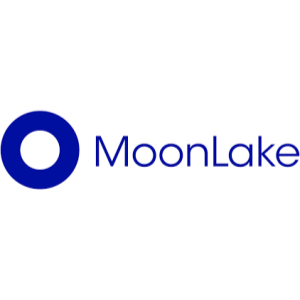Fidelity Parent Discloses 5.7 M MLTX Shares in Schedule 13G
Rhea-AI Filing Summary
On 08/05/2025 FMR LLC, the parent of Fidelity Investments, together with Abigail P. Johnson, filed Amendment No. 3 to Schedule 13G for MoonLake Immunotherapeutics (MLTX). The filing discloses beneficial ownership of 5,703,048.73 Class A shares (CUSIP 61559X104) as of 06/30/2025, representing 9.0 % of the outstanding class.
The filer reports sole voting power over 5,700,976.70 shares and sole dispositive power over 5,703,048.73 shares; there is no shared voting or dispositive power. The schedule is submitted under Rule 13d-1(b) with FMR classified as a “HC” (parent holding company/control person) and Johnson as “IN” (individual), indicating a passive investment rather than an attempt to influence control. The certification confirms the shares were acquired and are held in the ordinary course of business. No group arrangements, control-changing intentions, or additional financial terms are disclosed.
Positive
- FMR LLC disclosed a 9 % ownership stake, adding reputable institutional backing to MLTX.
- Sole voting and dispositive power over all reported shares provides potential supportive voting bloc for management.
Negative
- None.
Insights
TL;DR: Fidelity now owns 9 % of MLTX, signaling strong institutional support but no control intent.
The 13G shows that Fidelity’s parent FMR LLC and Abigail Johnson hold roughly 5.7 million MLTX Class A shares, equal to 9 % of shares outstanding. Because the filing is on Schedule 13G—not 13D—the position is deemed passive. Sole voting and dispositive power suggest Fidelity can act quickly on the stake, yet the certification limits activism. Still, a well-known institution controlling nearly a tenth of the float can enhance liquidity, broaden analyst coverage, and reduce perceived financing risk for MoonLake. Impact is positive but not transformational.
TL;DR: Large passive stake raises monitoring but no immediate governance pressure.
The filing clarifies no group formation and no intention to influence control. With sole voting power, Fidelity could vote its 9 % stake on proxy matters, but Schedule 13G suggests it will not pursue activism. Management should nonetheless expect greater scrutiny on performance and ESG factors from a major institutional holder. No red flags appear regarding ownership concentration, as no other single holder exceeds 5 % through Fidelity’s funds.









